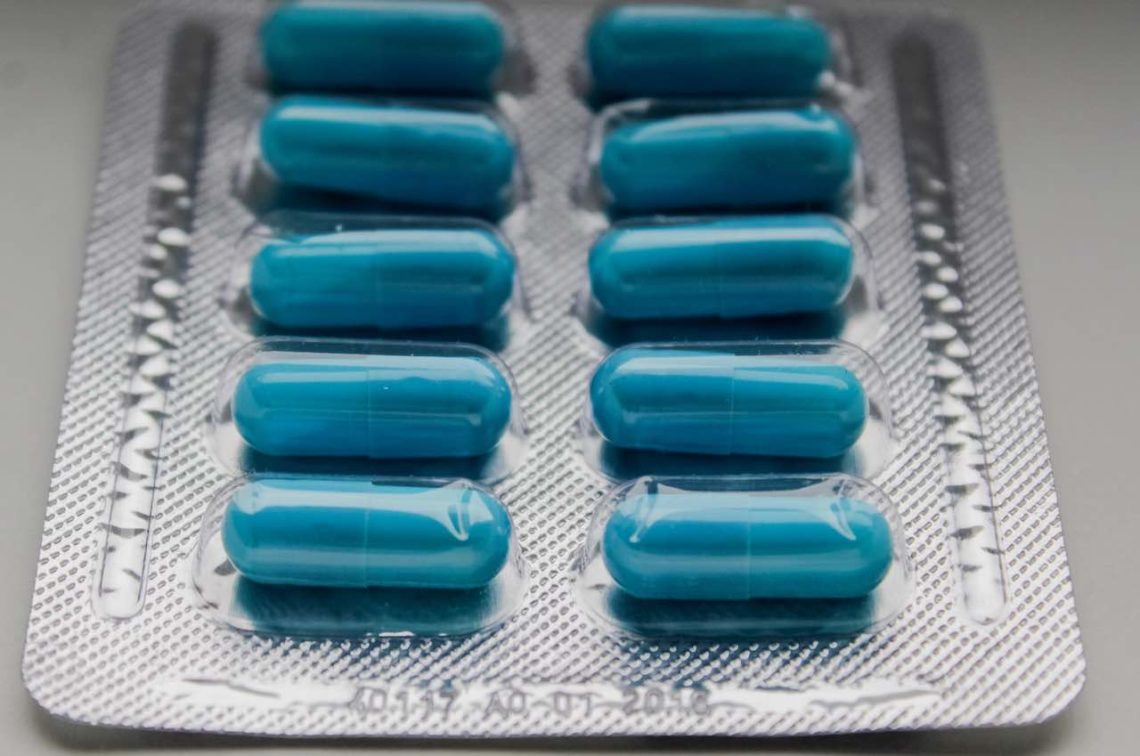
A dental abscess is an infection of the oral cavity. Dead cells or bacteria following caries or a periodontal problem cause abscess. The dentist who takes care of the disease can simultaneously prescribe antibiotics to face the infection and reduce the pain.
One of the most commonly prescribed antibiotics is the amoxicillin, suitable for adults, children and breastfeeding women. Amoxicillin can be taken by mouth either on an empty stomach or after eating.
Nausea, vomit and diarrhoea are among the most common side effects found in treatment with amoxicillin. It may cause skin reactions not necessarily related to penicillin allergy.
The second most used antibiotic in case of a dental abscess is a combinate antibiotic. It combines the action of amoxicillin and clavulanate. The union of the two substances is particularly useful for those bacterial resistances more challenging to combat. The dentist prescribes combinate antibiotic when amoxicillin is not sufficient.
Antibiotic without prescription
Patients, especially in a situation of acute pain, rely on do-it-yourself solutions. Often people take medicines arbitrarily, without being visited and without a prescription just because they found a suggestion on the internet.
DIY in dentistry can be harmful. The inappropriate antibiotic may not have the desired effects, and the pain could persist. Moreover, an incorrect dosage can make the medicine useless or worse make it harmful, producing sometimes dangerous side effects. Not to mention that every time we take an antibiotic, antibiotic resistance occurs. So over time, it may become ineffective. The antibiogram is the result of susceptibility tests in which the microorganism is essayed for its susceptibility to several antibiotics.
Are you wondering how many days you should take antibiotics? Keep in mind that once you start taking them, it is never advisable to stop ahead of time. There are at least two good reasons. First, you risk not to eradicate all bacteria. Second, f you quit treatment too early the surviving bacteria could generate defences against the antibiotics themselves (antibiotic resistance).
When to prescribe antibiotics in dentistry?
Dentists prescribe antibiotics also for precautionary purposes, as pre or post-operative prophylaxis. A particular case of antibiotic prophylaxis in dentistry concerns cardiac patients, those with congenital heart defects and those with an artificial valve. In these cases, the dentist prescribes antibiotic therapy to prevent bacterial endocarditis which can occur following a simple tartar ablation.
The selection of the antibiotic mainly depends on the type of bacterium that caused the infection. It also depends on infection severity, on the presence of pathologies or allergies and any pregnancy.
Antibiotic or anti-inflammatory?
One of the most common emergencies in case of a dental abscess is the cheek swelling. This type of swelling can occur both in case of caries (endodontic abscess) as for periodontal problems (periodontal abscess) or during the eruption of wisdom teeth (pericoronitis in case of dysodontiasis)
It may not make sense to take antibiotics for wisdom teeth eruption unless an infection develops at the same time. A common anti-inflammatory will suffice to reduce swelling and keep pain under control. In any case, before taking drugs, it is always better to consult your dentist who will evaluate the actual presence or absence of an infection and the possible need for an extraction.
Are natural antibiotics effective?
If a bacterial infection of the oral cavity needs to be cured, a natural remedy may not be as effective as a drug. There is no scientific evidence to support the use of homoeopathic remedies to treat infections. However, there are natural treatments that can play an important role in counteracting the development of oral cavity infections.
We suggest the use of
• ice to reduce inflammations and swelling
• clove infusion to relieve pain (rinsing the mouth)
• ventilated green clay, with bactericidal and purifying properties
• essential oils, aloe vera gel, propolis and echinacea that fortify the body by acting naturally on the immune system.
Bibliography
Systemic antibiotics for symptomatic apical periodontitis and acute apical abscess in adults.
Cope AL, Francis N, Wood F, Chestnutt IG.
Cochrane Database Syst Rev. 2018 Sep 27;9:CD010136. doi: 10.1002/14651858.CD010136.pub3. Review.
PMID: 30259968
Antibiotics in Endodontics: a review.
Segura-Egea JJ, Gould K, Şen BH, Jonasson P, Cotti E, Mazzoni A, Sunay H, Tjäderhane L, Dummer PMH.
Int Endod J. 2017 Dec;50(12):1169-1184. doi: 10.1111/iej.12741. Epub 2017 Jan 16. Review.
PMID: 28005295
European Society of Endodontology position statement: the use of antibiotics in endodontics.
Segura-Egea JJ, Gould K, Şen BH, Jonasson P, Cotti E, Mazzoni A, Sunay H, Tjäderhane L, Dummer PMH.
Int Endod J. 2018 Jan;51(1):20-25. doi: 10.1111/iej.12781. Epub 2017 Jun 14. Review.
PMID: 28436043



Scrivi un commento: